It is difficult for to make specific predictions about the future of renewable energy, as there are many factors that can influence its development and adoption. However, here are some suggestions for trends that may shape the renewable energy industry in the coming years:
- Continued growth in the use of renewable energy sources, such as solar, wind, and hydroelectric power.
- The development and deployment of new technologies, such as advanced batteries and electric vehicles, will improve the efficiency and reliability of renewable energy systems.
- Increased use of digital technologies, such as artificial intelligence and the Internet of Things, to optimize the operation of renewable energy systems and integrate them into the grid.
- The expansion of microgrids and other decentralized energy systems can provide reliable power to remote or underserved areas.
- The adoption of policies and regulations that support the transition to renewable energy, such as carbon pricing and renewable portfolio standards.
- The emergence of new business models, such as community solar and virtual power plants, that make it easier for individuals and businesses to access renewable energy.
- The development of advanced materials and manufacturing techniques will improve performance and reduce the cost of renewable energy technologies.
- The growth of the green bond market, which enables investors to fund renewable energy and other sustainable infrastructure projects.
- Increased collaboration between the public and private sectors to accelerate the transition to renewable energy.
- The emergence of new players in the renewable energy industry, such as tech companies and startups, that will bring new ideas and approaches to the table.
More about Renewable energy
Renewable energy is energy that is generated from natural resources such as sunlight, wind, water, and geothermal heat, which are replenished at a faster rate than they are consumed. These sources of energy are considered renewable because they are constantly replenished and are not depleted like fossil fuels, which are finite and will eventually run out. Renewable energy technologies include solar panels, wind turbines, hydroelectric dams, and geothermal power plants, which generate electricity or provide heat by harnessing the power of these natural resources. Renewable energy is seen as a clean and sustainable alternative to fossil fuels, which release greenhouse gases and other pollutants into the atmosphere when they are burned.
Is your business looking for ways to invest in green energy, or would you like to get started with Carbon Credits? Let’s talk about building a sustainable future together!

